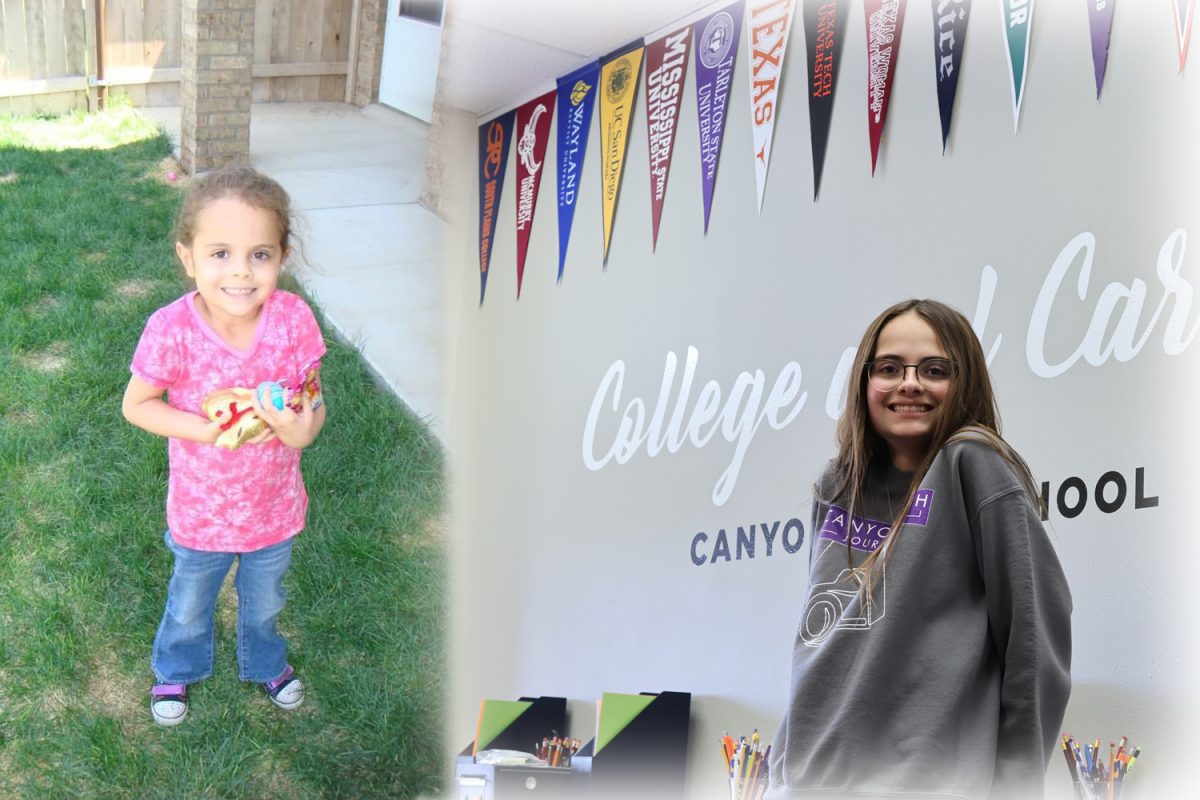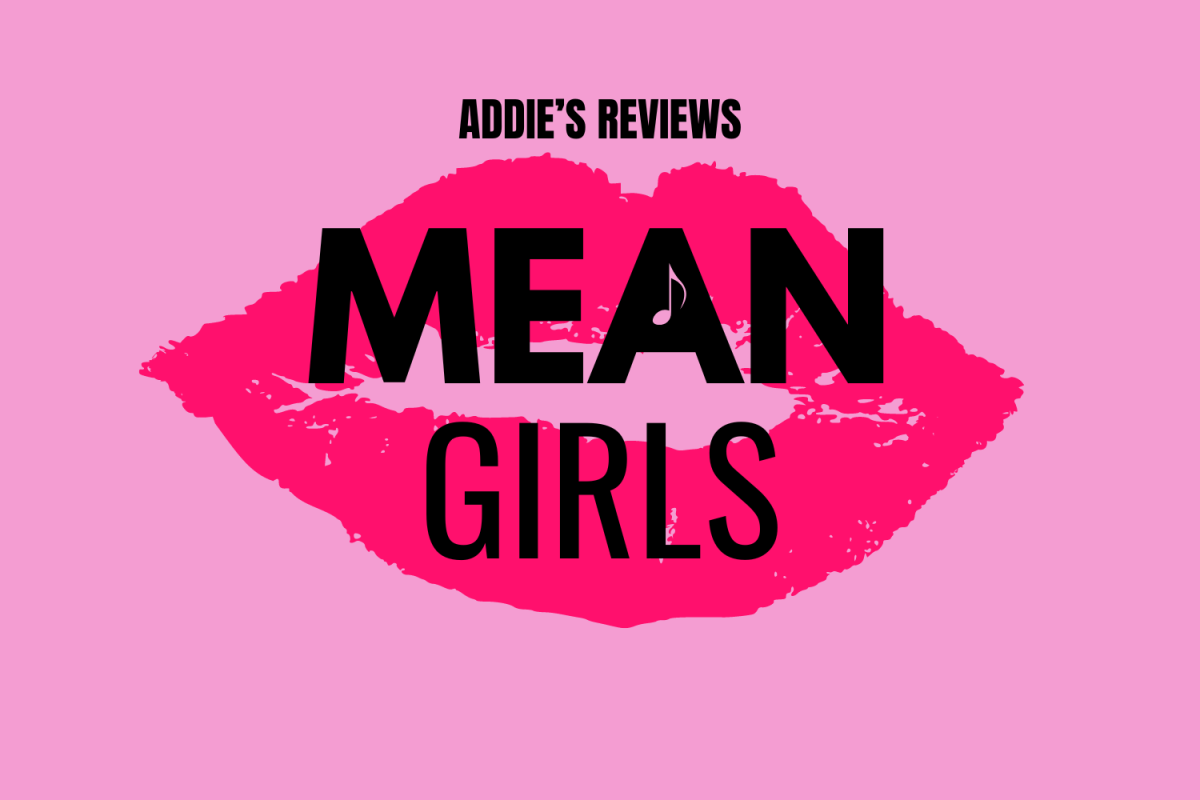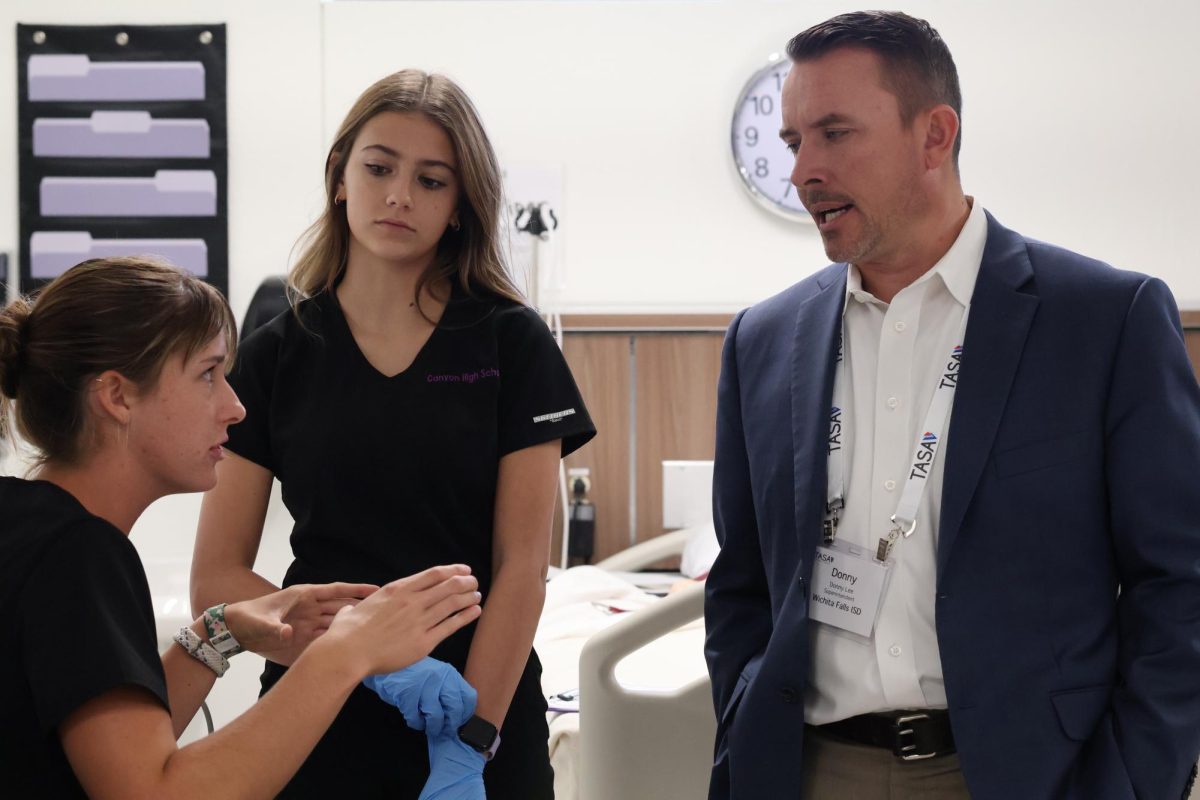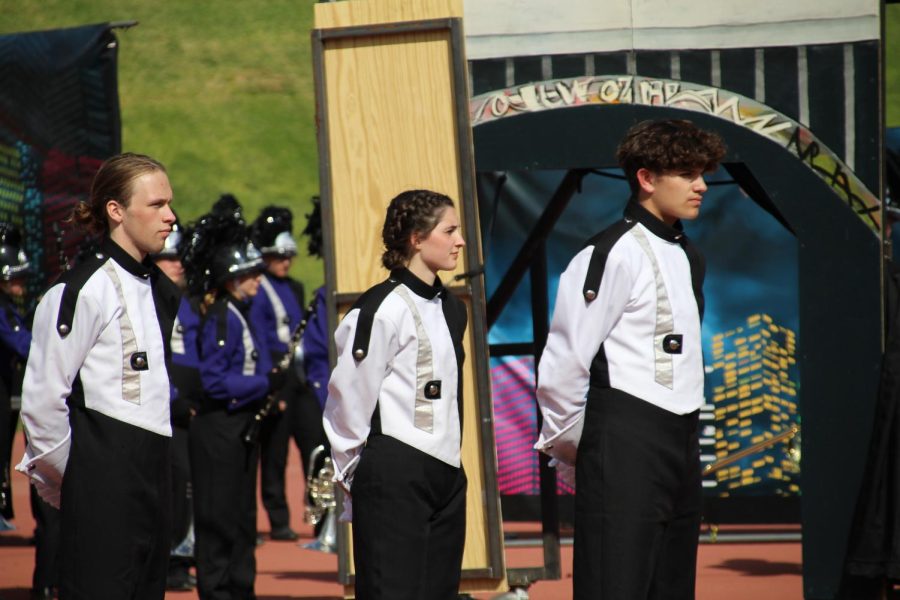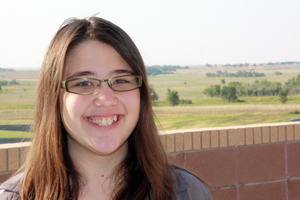Human trafficking is fast becoming one of the most prevalent evils, fitting the definition of a crime against humanity. An estimated 27 million people worldwide are enslaved at any given moment due to human trafficking.
Often, people are lured into slavery through promises of a job or economic stability after which they are held against their will. In other cases, children are sold as a source of income for families in poverty. These victims are then moved away from their homes to a foreign land without identification documents and often without knowledge of the language, creating dependency on the traffickers who then force the victims to participate in sexual activities or involuntary labor. With a majority of victims being children, they are often times forced into prostitution as young as 12 years old.
According to the U.S. Department of State, between 14,500-17,500 people are trafficked into the U.S. each year. The organization World Relief estimates that one person is trafficked into the U.S. every 10 minutes. The End It movement claims that 200,000 slaves are working in the U.S. right now. Texas receives the highest number of human trafficking related calls according to the attorney general. The gross annual income of trafficking is estimated to be $31 million, primarily in association with drug cartels. Along with illegal substances, the cartels make money from the buying and distribution of humans. Six of seven drug cartels have established bases in Texas. The Texas DPS office states that I-40 is a major corridor for drug transportation, which in turn makes it a corridor for human trafficking. News Channel 4 recently found that human trafficking on I-40 through Amarillo is up 21% and rising.
Public officials and law enforcement state that human traffickers are extremely difficult to catch because of their ability to blend in. Human trafficking is known as a hidden crime because there is nothing obvious about it. There is no blanket policy to catching a trafficker because the perpetrators always manifest and work in different ways. Humans are harder to trace and easier to hide than illicit drugs. Government and law enforcement agencies have worked hard the last couple of years to crack down on this crime but without the public’s help authorities say there isn’t much they can do. Governor Rick Perry officially made human trafficking a first degree felony earlier this year, meaning that when prosecuted, perpetrators could face 30-99 years in prison. But there can be no prosecution if the criminals are never brought into custody.
In 2010, sexual trafficking survivor Samaly Mam, founder of the Samaly Mam foundation spoke as the key note convocation speaker at West Texas A&M University. Her biography, “The Road to Lost Innocence,” depicts Mam’s experience through being sold into slavery, tortured, raped and finally saved from the life of sexual slavery. Her foundation works to ensure victims escape their enslavement and build a future for themselves as free individuals.
After winning an essay contest in conjunction with Samaly Mam’ s novel and appearance at WT, 2010 CHS graduate Audra Thurman traveled to Cambodia where she worked with the government non-profit organization TETY.
“When trying to help, you have to step back and ask what you can do for others,” Thurman said. “What people need is not always to share their stories or money. You need to think about what they need, not what you want to do. Don’t just write a check to pat yourself on the back. Think to yourself how much you will invest of yourself. Human trafficking is such a big issue locally and the best place to start is close to home.”
After hearing Kristine Kane, the head of the A21 campaign against human trafficking, speak at an event at Trinity Fellowship Church, speech teacher Stefanie Suto felt called to action.
“This cause has been laid on my heart,” Suto said. “This is something I can help change so I have to do something. We think that human trafficking only happens in third world countries but it’s happening here too. We, as a people, are not aware. We don’t know what to look for so we are not prepared to stop it when it’s happening right before our eyes.”

